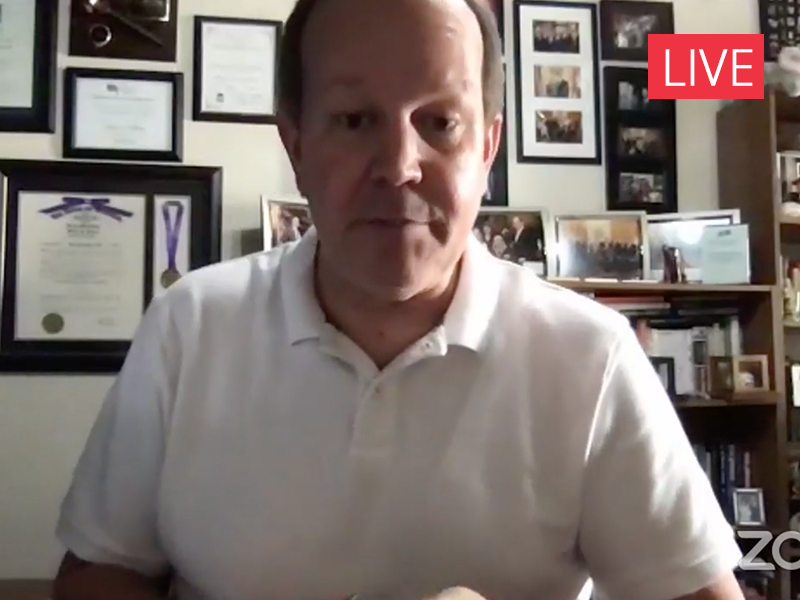Our nation and the world have been thrust into a new lifestyle by the Coronavirus pandemic. Unlike many, my daily routine under the “shelter-in-place” order hasn’t changed much, since I’ve split my 16 year career working in fast-paced offices and more recently, from a corner in my home. I’ve learned there are some major differences in both environments and some key best practices to being successful working in both places.
While I work very hard to maintain a high level of professionalism, there are some days I have to chuckle and understand life happens – especially when you add children and spouses into the work-from-home mix.
Since much of the American workforce has been catapulted into a work-from-home pace, I’ve been asked several times for some of my best tips for making business days successful. Here are some tips that work for me:
Designate a Workspace
Having your own workspace helps with organization and establishes a consistent working cadence. Not everyone can have a home office, but making even a small corner in a quiet room your space makes for easier conference calls and concentration. If you regularly participate on video calls, make sure you have space with an appropriate background for your web calls.
High-speed Internet
Having a stable, high-speed internet connection in your home will be the magic that keeps you from wanting to rip your hair out. You’ll be able to perform video calls with ease, upload and download large files with no hiccups, and have no interference if family members are home and also using streaming devices.
Invest in the Right Tools
If you think you might be working from home for the long-haul, don’t hesitate to invest in the right tools to make you comfortable throughout your day. The majority of my communications work is done on a computer and on the phone which means I’m pretty stationary throughout my day. In order to promote better overall health, I sit on a yoga ball at my desk and also utilize a standing or sitting rolling desk. The small rolling desk allows me to move my workspace to various locations in my home as needed. Having a young child at home, I can often be found working from my front porch while she’s riding her bike or roller skating. I also have a timer that reminds me to stand up and walk around so I don’t get into the habit of sitting for extra long periods of time. Although having kids at home often forces one up prior to any timer alerts.
Have a Routine
If you have children at home this is key. My day has some flexibility, but for the most part I keep normal office hours. During that time, my little one also has a schedule of learning time, play time, scheduled meal times, and nap. As a mom, I don’t want to miss my daughter growing up right before my eyes, so I like to incorporate her into my day. She can often be found helping me make coffee, doing small office tasks, or working at her “desk” next to mine. As I mentioned above, I often work from outside with my portable desk so she can play outside and just be a kid.
To-Do Lists
Having a to-do list written down is key to productivity. Check items off as you make your way through the project list. There is a sense of accomplishment in making that little tick mark throughout the day.
Pause Notifications
If you work with your team through a chat feature like Google Hangouts or Slack, take a little time each day to pause the notifications and focus strictly on getting your actual tasks done. Just make sure your team knows the time of day you “unplug” to work.
Be Flexible
If your position will allow for it, create your office hours and turn off work in the evenings to be with your family. During the day (especially now while families are together all day) allow for times during the day you might need to support your family. Lead by example, and understand that your colleagues are going through the same thing. They may not be able to respond to your project requests immediately. Be clear with your team what projects and tasks have hard deadlines. Figure out what you can do asynchronously with your team. This actually creates greater flexibility and reduces questions and confusion from your team members. Your colleagues will be able to access information themselves and digest information and determine next steps. Also, when you can automate for your team do it! Go ahead and schedule a calendar invitation with reminders.







